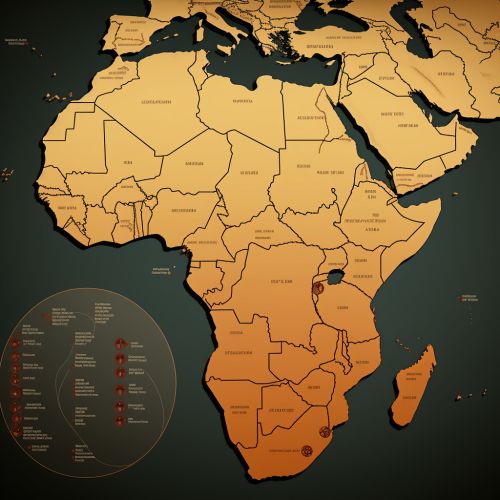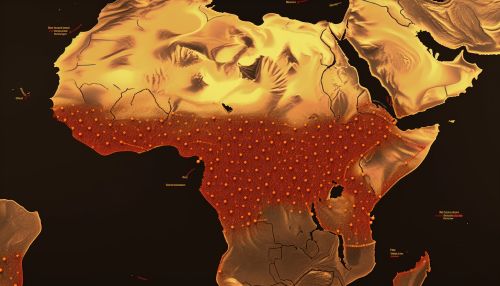African Linguistics
Introduction
African Linguistics is the study of languages in Africa, a continent with a high linguistic diversity. There are an estimated 1,500-2,000 languages spoken in Africa, belonging to several major language families. African Linguistics encompasses the study of these languages' histories, structures, and interactions.
Language Families
The languages of Africa are divided into several major language families. The largest of these is the Niger-Congo family, which includes languages such as Swahili, Yoruba, and Zulu. The Afroasiatic family includes languages such as Arabic, Amharic, and Somali. Other significant families include the Nilo-Saharan and Khoisan families.


Phonetics and Phonology
African languages are known for their complex phonetic and phonological systems. Many languages have a large number of consonants, including clicks and implosives, and a complex system of vowel harmony. Tone is also a significant feature in many African languages.
Morphology and Syntax
The morphology and syntax of African languages are equally diverse. Many languages are agglutinative, meaning that words are often composed of multiple morphemes. Others are fusional, with morphemes often not easily separable. Word order varies widely among different languages, with subject-verb-object, subject-object-verb, and verb-subject-object all common.
Sociolinguistics
The study of sociolinguistics in Africa involves examining the social factors that affect language use. This includes the roles of languages in society, language policy and planning, language attitudes, and language and identity. Many African countries are multilingual, and this has significant implications for education, government, and other areas of society.
Language Contact and Change
Given the high linguistic diversity in Africa, language contact and change are common. This can result in language shift, where speakers abandon their native language in favor of another, and language death. On the other hand, it can also lead to the creation of new languages, such as creoles and pidgins.
Endangered Languages
Many African languages are endangered, with a significant risk of becoming extinct in the near future. Efforts are being made to document these languages and to develop strategies for their preservation.
